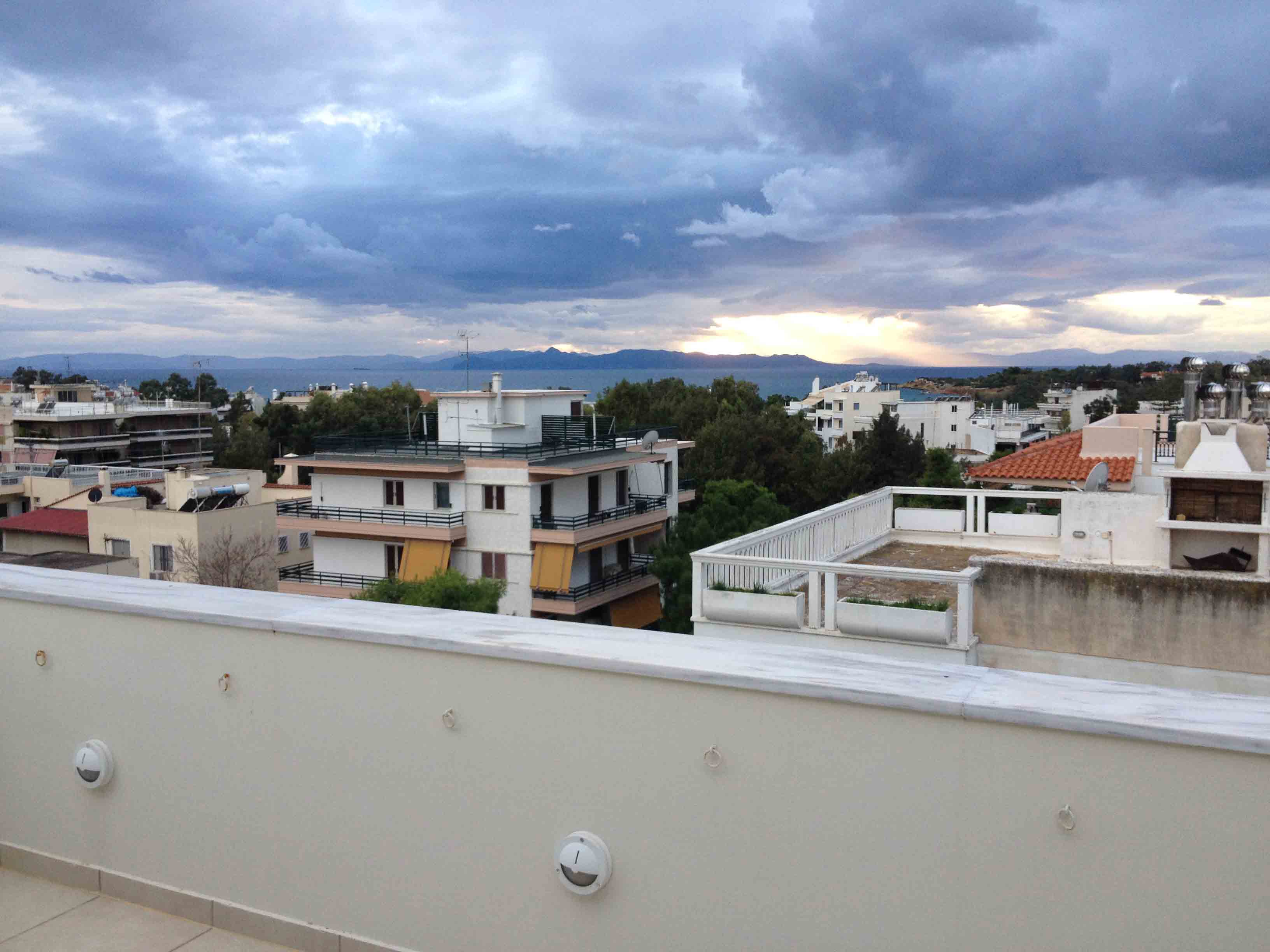Statistical portrait of Hispanics in the usa
There have been 56.5 million Hispanics in the us in 2015, accounting for 17.6percent associated with the total U.S. populace. In 1980, with a populace of 14.8 million, Hispanics made simply 6.5percent associated with U.S. that is total populace. Browse the blog that is accompanying, “How the U.S. Hispanic population is evolving.”
For a analytical portrait for the foreign-born populace in the usa, view here.
Click the maps below to explore Hispanic populace styles.
Hispanic populace, by nativity
| Year | U.S. born | Foreign created |
|---|---|---|
| 1960 | 5.5 | 0.9 |
| 1970 | 7.8 | 1.8 |
| 1980 | 10.6 | 4.2 |
| 1990 | 14.0 | 7.8 |
| 2000 | 21.1 | 14.1 |
| 2006 | 26.6 | 17.7 |
| 2007 | 27.3 | 18.0 |
| 2008 | 29.0 | 17.8 |
| 2009 | 30.3 | 18.1 |
| 2010 | 31.9 | 18.8 |
| 2011 | 33.1 | 18.8 |
| 2012 | 34.1 | 18.8 |
| 2013 | 35.0 | 19.0 |
| 2014 | 35.9 | 19.3 |
| 2015 | 37.1 | 19.4 |
Supply: For 1960 and 1970, see Passel and Cohn’s 2008 populace projections. For 1980-2000, Pew analysis Center analysis of U.S. decennial census data (5% IPUMS). For 2006-2015, Pew Research  Center analysis of American Community Survey (1% IPUMS).
Center analysis of American Community Survey (1% IPUMS).
Pew Analysis Center
Since 1960, the nation’s Latino populace has increased nearly ninefold, from 6.3 million then to 56.5 million by 2015. It really is projected to cultivate to 107 million by 2065, in accordance with the latest Pew Research Center projections. The foreign-born Latino population has increased to almost 20 times its size within the previous half century, from not as much as 1 million in 1960 to 19.4 million in 2015. Having said that, although the Latino that is u.S.-born population just increased sixfold over this time around duration, you will find about 32 million more U.S.-born Latinos into the U.S. today (37.1 million) than there have been in 1960 (5.5 million).
Hispanics certainly are a share that is rising of U.S. populace
| Year | White | Other | Asian | Ebony | Hispanic |
|---|---|---|---|---|---|
| 1960 | 85.2per cent | 0.2% | 0.6percent | 10.5percent | 3.5% |
| 1970 | 83.1percent | 0.4% | 0.9% | 10.9per cent | 4.7% |
| 1980 | 79.6per cent | 0.8% | 1.5percent | 11.6percent | 6.5% |
| 1990 | 75.8percent | 1.0% | 2.7percent | 11.8% | 8.8percent |
| 2000 | 69.1per cent | 2.8% | 3.6percent | 12.0% | 12.5% |
| 2006 | 66.2% | 2.5% | 4.3% | 12.2% | 14.8% |
| 2007 | 65.8per cent | 2.6% | 4.3% | 12.1% | 15.0percent |
| 2008 | 65.4% | 2.7% | 4.4% | 12.1% | 15.4percent |
| 2009 | 64.9percent | 2.8% | 4.4% | 12.1% | 15.7per cent |
| 2010 | 63.7per cent | 3.0percent | 4.7% | 12.3% | 16.4percent |
| 2011 | 63.3% | 3.1% | 4.8% | 12.3per cent | 16.7% |
| 2012 | 62.8% | 3.1percent | 4.9% | 12.3% | 16.9percent |
| 2013 | 62.4per cent | 3.2% | 5.0percent | 12.3% | 17.1percent |
| 2014 | 61.9% | 3.2percent | 5.2% | 12.3percent | 17.3% |
| 2015 | 61.5per cent | 3.3percent | 5.3% | 12.3% | 17.6% |
Note: In 1960-1970, Asians consist of Pacific Islanders. Supply: For 1960 and 1970, see Passel and Cohn’s 2008 population projections. For 1980-2000, Pew analysis Center analysis of U.S. decennial census data (5% IPUMS). For 2006-2014, Pew Research Center analysis of United states Community Survey (1% IPUMS).
Pew Analysis Center
The share associated with the U.S. population that is Hispanic was steadily increasing throughout the previous half century. In 2015, Hispanics comprised 17.6percent of this U.S. that is total population up from 3.5per cent in 1960. Based on the latest Pew Research Center projections, the Hispanic share of this U.S. populace is anticipated to achieve 24% by 2065.
Supply: For 1960 and 1970, see Passel and Cohn’s 2008 populace projections. For 1980-2000, Pew analysis Center analysis of U.S. census that is decennial (5% IPUMS). For 2006-2015, Pew analysis Center analysis of United states Community Survey (1% IPUMS).
Pew Analysis Center
After increasing for at the least four years, the share regarding the Hispanic population this is certainly international created started declining after 2000. The share that was born in another country was 34.4% in 2015, down from a peak of about 40% earlier in the 2000s among all hispanics. The share of adult Hispanics that are international created began decreasing a bit later – 47.9% of Hispanic grownups had been created an additional nation in 2015, down from the top of 55.0% in 2007.

 English
English





